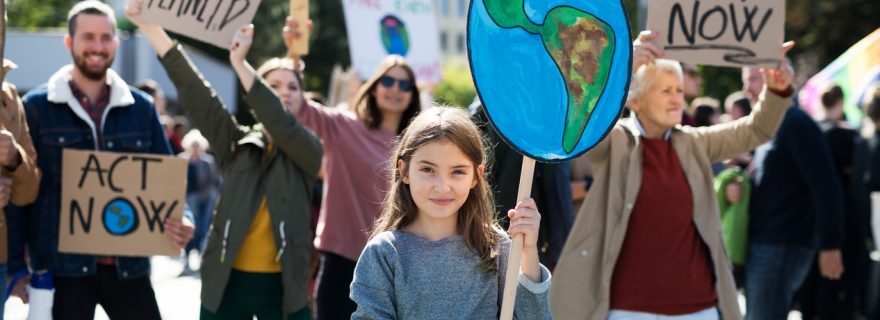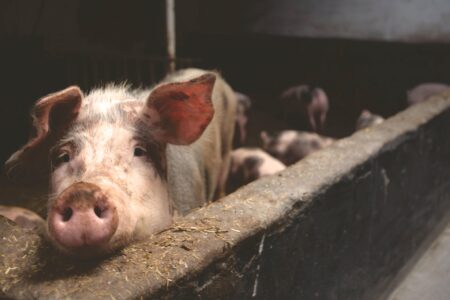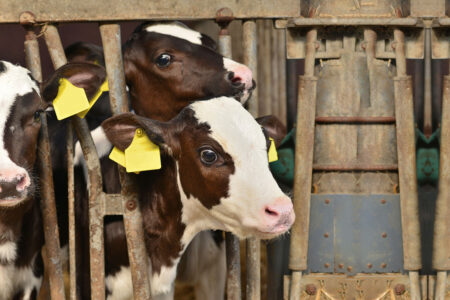Sustainable behaviour is not a virtue (it’s a must)
Sustainability is not a personality trait. Everyone, not just the most ‘prosocial’, can make the choice to act in the best interest of our planet. As the situation becomes increasingly dire, global collective action is needed now more than ever.
We have all heard it before: the globe is warming, sea levels are rising, ice caps are melting and so on. Whether they are currently facing disaster or repairing the aftermath; environmental calamities, from forest fires to hurricanes, are affecting populations of inhabited coastal regions and unsuspecting island territories constantly. Even those of us fortunate enough not to have had our homes ripped away are still impacted by the effects of climate change, and these are becoming increasingly severe. Therefore, it is of utmost importance for different disciplines to combine their understanding and prevent the further perpetuation of this crisis.
Psychologists are not strangers to the term ‘pro-environmentalism’, which has rightfully become a priority in research in the light of the worsening conditions our planet’s ecosystems are faced with. This research strives to develop behavioral change techniques that attempt to replace existing ‘egoistic’ and ‘anti-environmental’ behavior with innovative ‘prosocial’ and ‘sustainable’ actions.
Sounds simple enough, right?
The reasoning goes as follows: if we can determine what factors are preventing individuals from acting in a pro-environmental manner, we can create interventions to convince them to alter their behavior in ways that benefit the future of the Earth. However, as other researchers have pointed out, it is no longer sufficient to limit our understanding of people’s refusal to act in the best interest of the environment to a handful of characteristics. For example, it has been stated that the personality traits that underlie inaction are guilt, shame and feelings of discomfort or hypocrisy, among others. Additionally, they argue that sustainable behavior is a “new kind of prosocial behavior”; one that is considered virtuous. This is where I disagree.
Let me explain. A virtue is commonly referred to as a quality that makes one excel or flourish; a strength of character. Within the current context, what makes one ‘virtuous’ is that they make environmentally favorable decisions despite the availability of the unsustainable alternatives, but after numerous reports of plastic production doubling since 2005 or rainforests being removed in their entirety to make room for more industry, I can’t help but wonder if this might actually be the bare minimum that one could do.
Therefore, this behavior is not prosocial; it is necessary. Willingness to participate in the initiatives against the mitigation of climate change can vary on an individual level, but it is everybody’s responsibility. Everybody is capable of it. Also, sustainable behavior is not a new concept. Indigenous cultures have long-standing traditions of taking the natural resources that they require and knowing when they have taken enough. I should add that by “long-standing” I mean hundreds of years and not once have their sources of food and shelter been at risk for depletion. These ecosystems are their home, one in which the term ‘sustainability’ never needed to be uttered, because their existence never posed a threat to the Earth they inhabited. In turn, they had no need to question the future of their kind.
We are always talking about sustainability as if we have a choice (paper or plastic, gas or electric, biking or driving), and we commend those who often make the ‘sustainable decision’ and call them “pro-social”. This is despite the fact that the consequences of anti-environmental actions extend far beyond human well-being, and have made a permanent impact on the countless species of animals, insects, and other organisms that are no longer with us today.
Finally, my point is that sustainability should be the only option, which requires more than mere individual efforts; we are in urgent need of collective action. The aforementioned empirically-supported behavioral interventions are still being developed, and psychologists are continuing to consult government officials to instigate change at the structural level. If choosing between paper or plastic is the best we can do, we still have a long way to go.
If sustainability is a virtue, we must be virtuous on a global-scale. Being “pro-social” is not enough.





